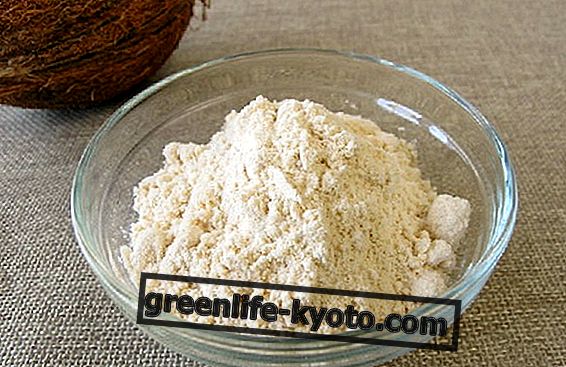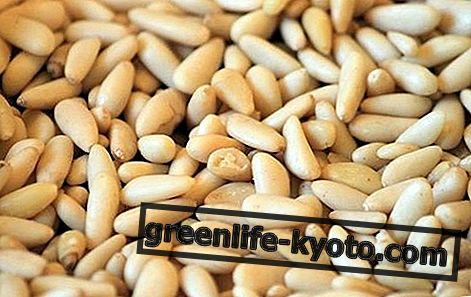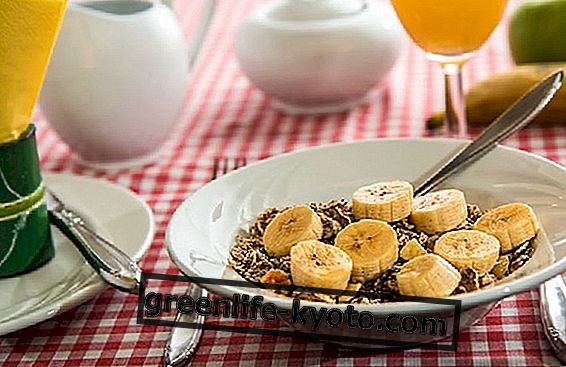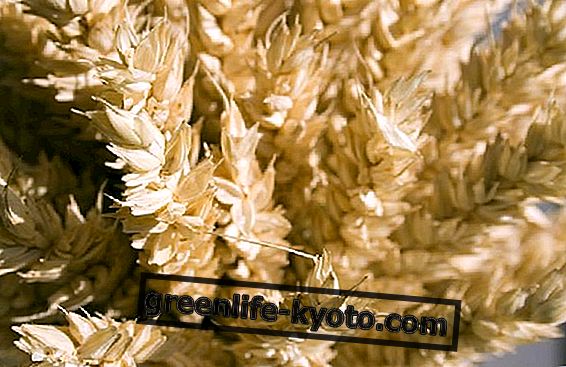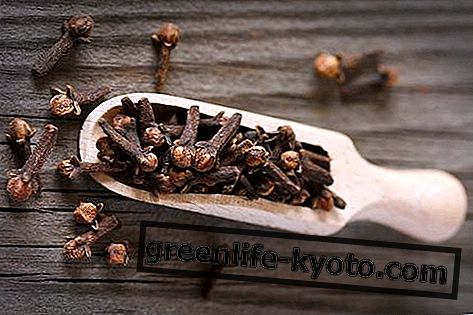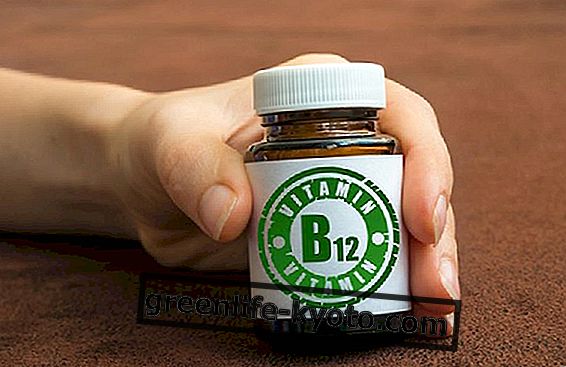
Hawthorn is a bush that belongs to the Rosaceae family, easily recognizable by the small white flowers that are very similar in shape to the wild rose from which it differs only in the white color.
Hawthorn commonly grows in Italy so much that in some areas of our peninsula it creates real forests or hedges almost entirely composed of hawthorn. This shrub is in fact typical of temperate zones both in Europe and in the rest of the world as in Asia and America and thus finds its natural habitat also in Italy.
Its botanical name is Crataegus monogyna although there are different varieties that change due to morphological characteristics and in particular due to the more or less deep incision of the leaf lobes.
Hawthorn properties and when to use it
Hawthorn is mainly used in cases of hypertension, anxiety and nervousness, but it also has beneficial effects on the heart as it is a cardioprotector; it is also an excellent antioxidant capable of fighting free radicals.
Its main active ingredients are part of the flavonoid family and are capable of dilating blood vessels by lowering blood pressure. In addition, flavonoids are also excellent anti-aging substances thanks to their ability to counteract the action of free radicals which make hawthorn an excellent antioxidant and an excellent protector against cardiovascular and inflammatory diseases .
Finally, in the composition of hawthorn there are other active substances such as anthocyanins which have always anti-radical properties but also cardioprotective and sedative.
It is therefore used for people who suffer from insomnia or find it difficult to fall asleep in the evening. In particular the natural remedies based on hawthorn are indicated for when there is no sleep due to negative emotional states, from the presence of too many thoughts or because of a general agitation.
The action of the hawthorn is directed to the frequency of the heartbeat so that it reduces the rhythm by increasing its counteracting force, and this allows it to act positively on tachycardias and arrhythmias, helping to manage stressful situations.
Hawthorn among relaxing natural remedies
Ways to use hawthorn
Hawthorn can be used in various forms: infusion from dried flowers, mother tincture or extracts titrated in monodosagg i.
- The dry extract of hawthorn is usually sold in single doses as capsules or tablets and the quantity is about 500 mg each. These can be taken orally once a day for at least a month and a half.
- The mother tincture is instead in the form of drops and usually an adult person requires 20/30 drops dispersed in water and taken for 2 or 3 times a day. In the recommended naturopathic cycle it is according to the 2/3 rule, then the dye is taken for 2 months and the next one is suspended, giving the body time to learn the art of self-healing. Indicatively the mother tincture is useful in the case of anxiety, insomnia and as a hypotensive.
- The preparation of herbal tea with hawthorn is certainly the simplest and in the case of anxiety and insomnia it is an effective and also very pleasant form of intake. Bring a cup of water to a boil and then pour it on a teaspoon of dried hawthorn flowers, leaving it to rest for at least 8 minutes. It will be enough to filter the whole and drink it softening to taste. 1 to 3 cups a day for up to 2 weeks.
Contraindications of hawthorn
Hawthorn is not recommended during pregnancy and lactation in order not to interfere in any way with the mother and child; it is not indicated in cases of people suffering from low blood pressure or taking medicines that regulate blood pressure . Finally, it cannot be taken together with beta-blockers, digitalis or other types of drugs that affect the heart.
The motivation to avoid the simultaneous occurrence between some pharmacies and the hawthorn is given by the contraindication of adding more natural and / or chemical active ingredients that act in the same body area, in the specific case blood pressure and heart: this would nullify or strengthen the effect of the substances themselves with possible negative consequences.
It is always a good idea to always consult your doctor and talk to herbalists or phytotherapeutics experts so as not to make uninformed choices because health risks can be serious.

